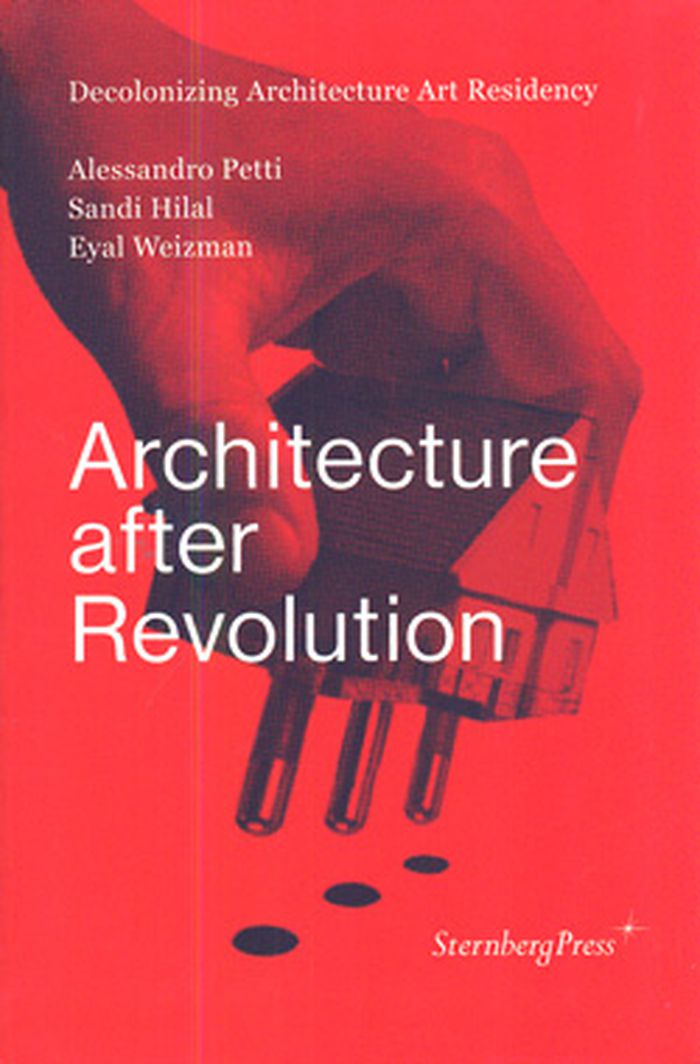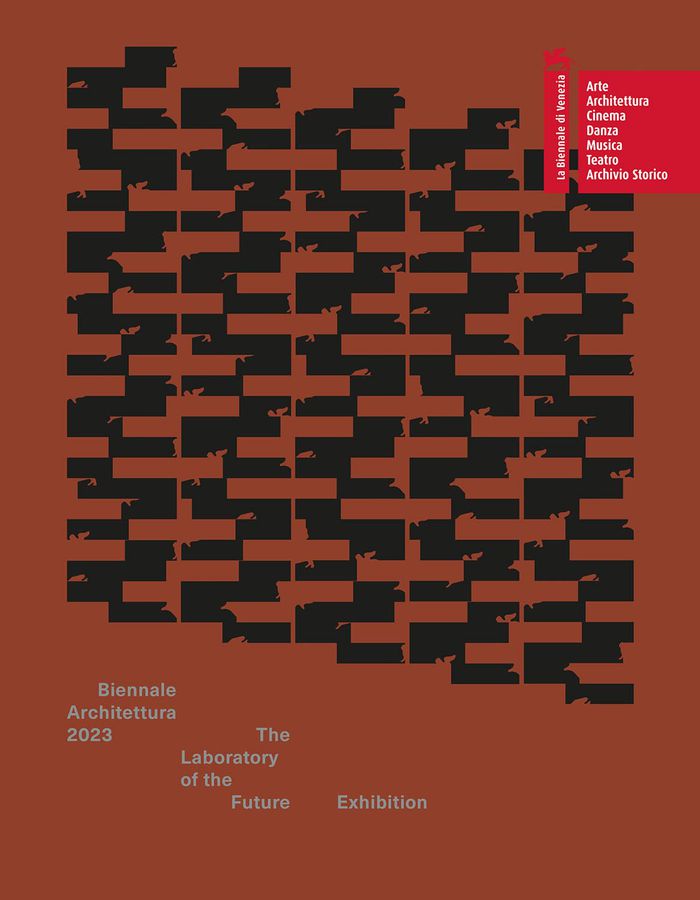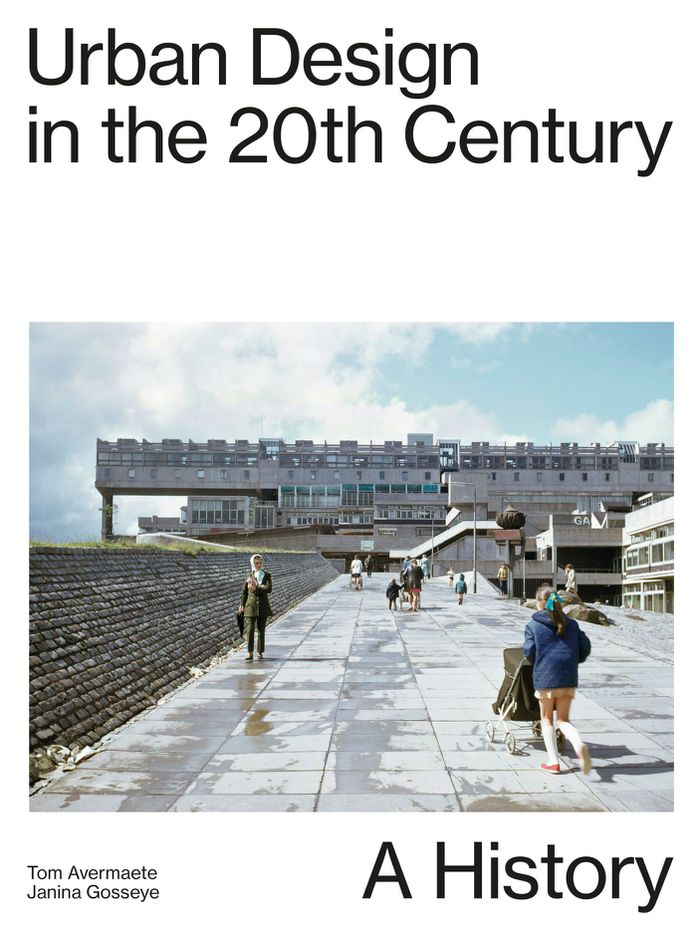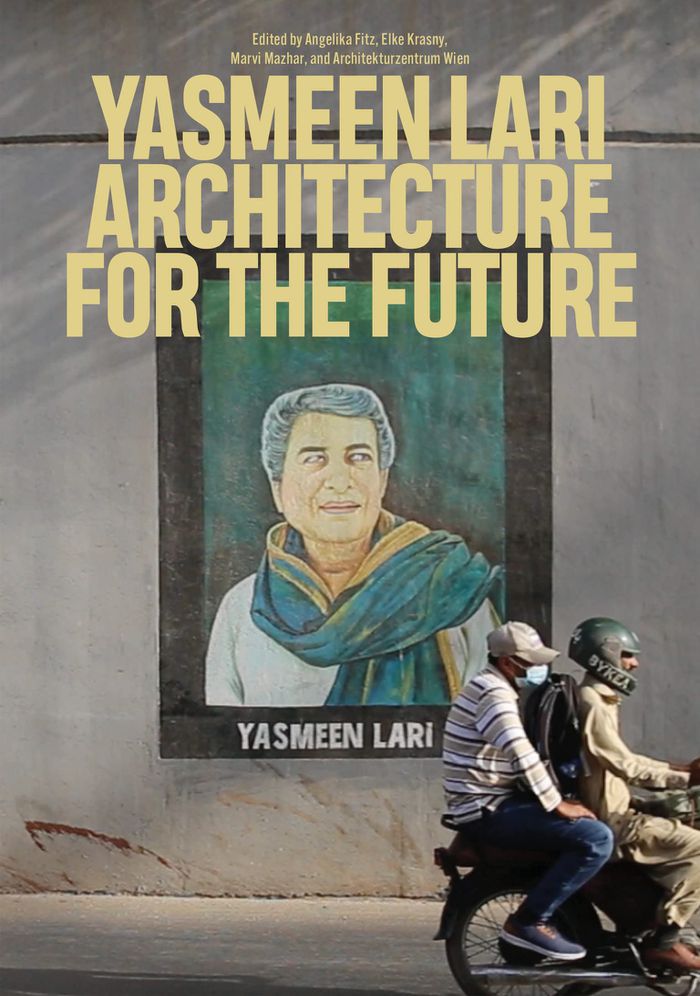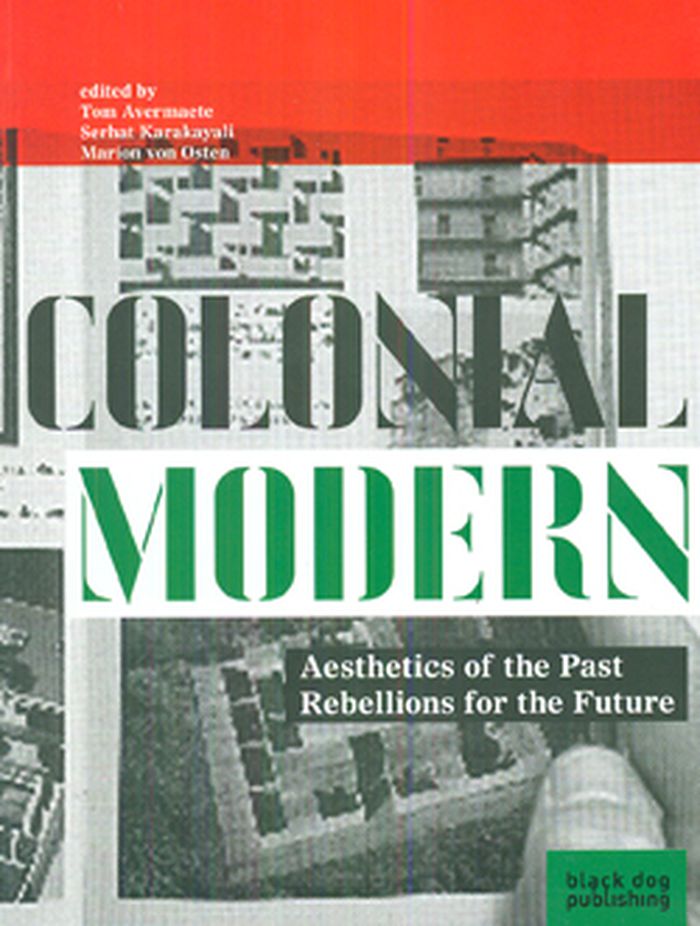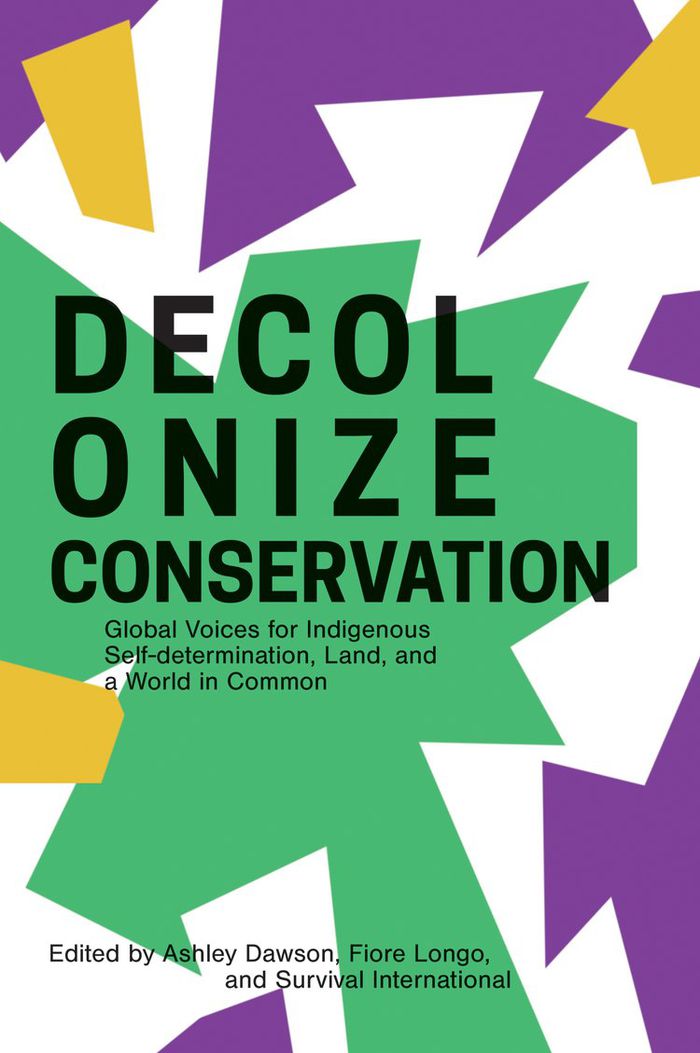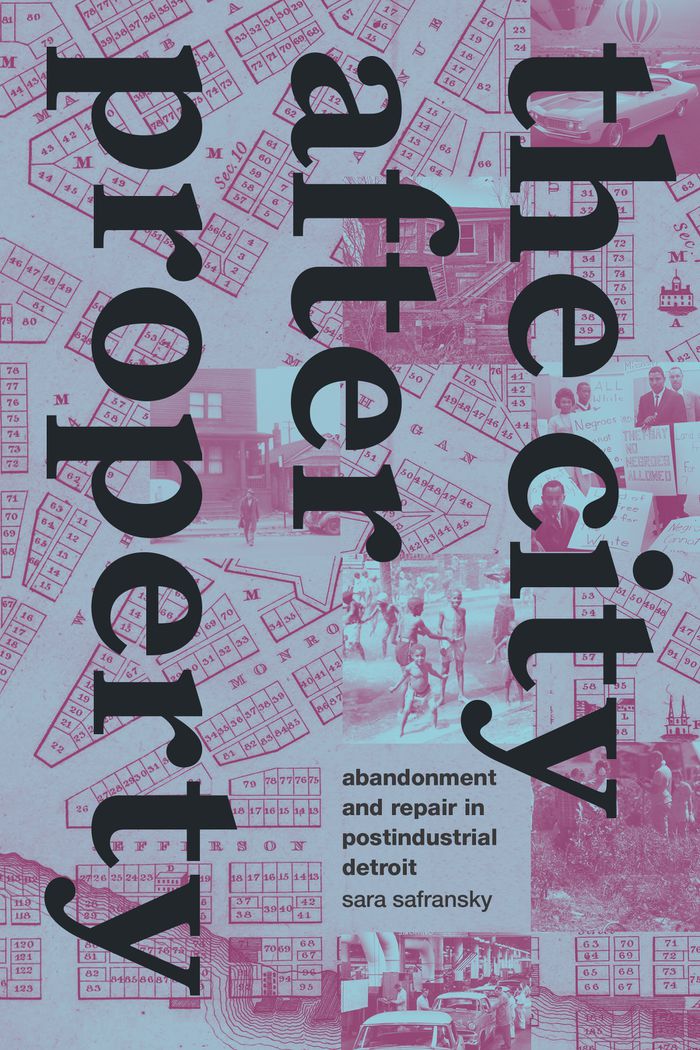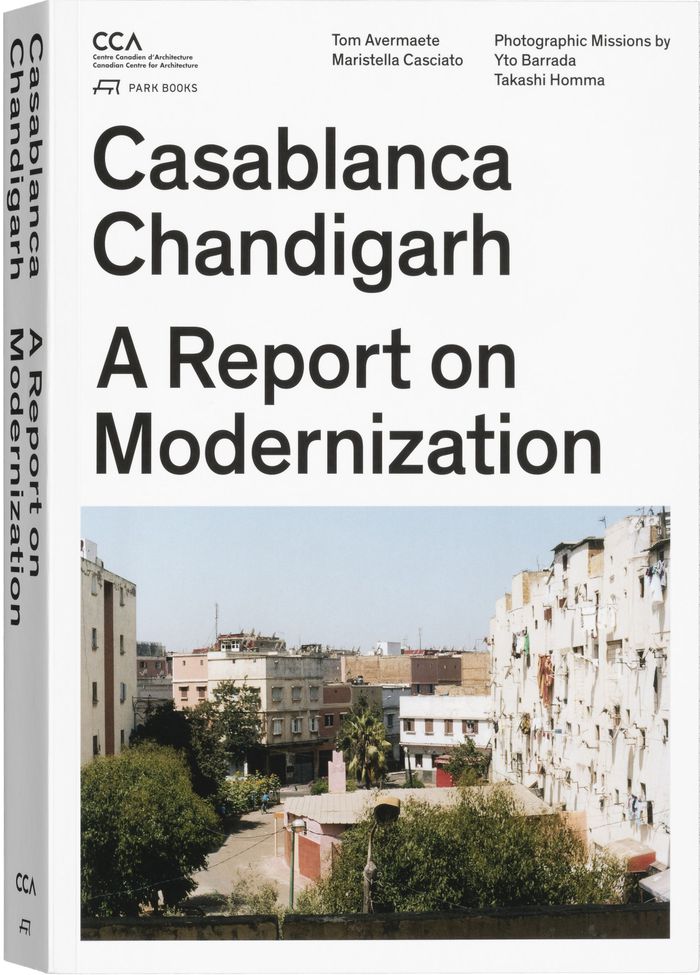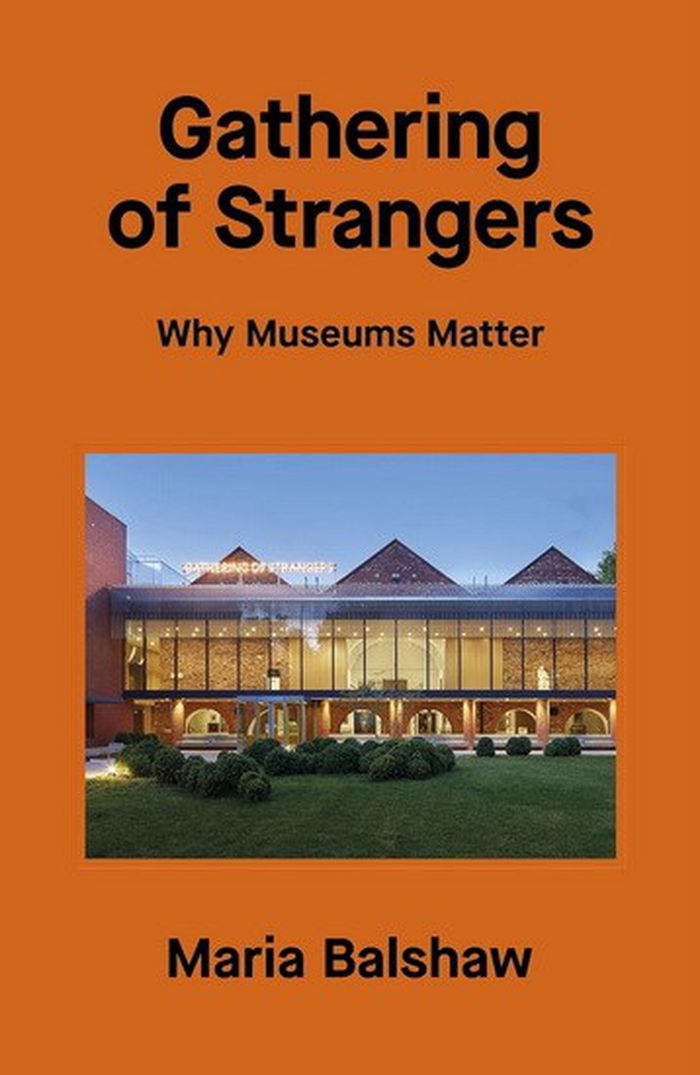$54.95
(disponible sur commande)
Résumé:
The work presented in this book is an invitation to undertake an urgent architectural and political thought experiment: to rethink today’s struggles for justice and equality not only from the historical perspective of revolution, but also from that of a continued struggle for decolonization; consequently, to rethink the problem of political subjectivity not from the point(...)
Théorie de l’architecture
juillet 2014
Architecture after revolution
Actions:
Prix:
$54.95
(disponible sur commande)
Résumé:
The work presented in this book is an invitation to undertake an urgent architectural and political thought experiment: to rethink today’s struggles for justice and equality not only from the historical perspective of revolution, but also from that of a continued struggle for decolonization; consequently, to rethink the problem of political subjectivity not from the point of view of a Western conception of a liberal citizen but rather from that of the displaced and extraterritorial refugee. You will not find here descriptions of popular uprising, armed resistance, or political negotiations, despite these of course forming an integral and necessary part of any radical political transformation. Instead, the authors present a series of provocative projects that try to imagine “the morning after revolution.”
Théorie de l’architecture
$137.00
(disponible en magasin)
Résumé:
The 18th Venice Architecture Biennale, titled "The laboratory of the future," is conceived as a kind of workshop at which architects present examples from their practices reflecting on themes of decolonization and decarbonization. The biennale also shines a spotlight on Africa and the African Diaspora, with 89 participants, over half of whom are of African descent. Volume(...)
Biennale Architettura 2023: The laboratory of the future
Actions:
Prix:
$137.00
(disponible en magasin)
Résumé:
The 18th Venice Architecture Biennale, titled "The laboratory of the future," is conceived as a kind of workshop at which architects present examples from their practices reflecting on themes of decolonization and decarbonization. The biennale also shines a spotlight on Africa and the African Diaspora, with 89 participants, over half of whom are of African descent. Volume I of its catalog is dedicated to the International Exhibition, curated by Ghanaian Scottish architect Lesley Lokko. Projects by each participant are accompanied by a critical text and biographical notes and a rich plate section. Volume II presents the National Participations and the Collateral Events, with illustrated texts that delve into the projects presented in the Pavilions and the Collateral Exhibitions on display in the Giardini, the Arsenale and various locations throughout Venice.
Biennale
$27.95
(disponible sur commande)
Résumé:
Confounded by global warming and in search of an affirmative politics that links ecology with social change, Matt Hern and Am Johal set off on a series of road trips to the tar sands of northern Alberta—perhaps the world's largest industrial site, dedicated to the dirty work of extracting oil from Alberta's vast reserves. Seamlessly combining travelogue, sophisticated(...)
mars 2018
Global warming and the sweetness of life: a Tar Sands tale
Actions:
Prix:
$27.95
(disponible sur commande)
Résumé:
Confounded by global warming and in search of an affirmative politics that links ecology with social change, Matt Hern and Am Johal set off on a series of road trips to the tar sands of northern Alberta—perhaps the world's largest industrial site, dedicated to the dirty work of extracting oil from Alberta's vast reserves. Seamlessly combining travelogue, sophisticated political analysis, and ecological theory, speaking both to local residents and to leading scholars, the authors propose a new understanding of ecology that links the domination of the other-than-human world to the domination of humans by humans. They argue that any definition of ecology has to start with decolonization and that confronting global warming requires a politics that speaks to a different way of being in the world—a reconstituted understanding of the sweetness of life.
$95.00
(disponible sur commande)
Résumé:
Our time is an urban age. More people live in cities than ever before, cities are growing larger and denser than ever, and urbanity has reached unprecedented levels of complexity. This boom in urbanization began in earnest around the turn of the twentieth century when technological advancement and the extraction of seemingly endless supplies of natural resources propelled(...)
Urban design in the 20th century
Actions:
Prix:
$95.00
(disponible sur commande)
Résumé:
Our time is an urban age. More people live in cities than ever before, cities are growing larger and denser than ever, and urbanity has reached unprecedented levels of complexity. This boom in urbanization began in earnest around the turn of the twentieth century when technological advancement and the extraction of seemingly endless supplies of natural resources propelled urban development. As urban populations steadily increased, architects and planners were not only faced with designing housing and public space but also with responding to emerging societal challenges such as political tensions, reconstruction, decolonization, economic crises, growing climatic concerns, and cultural shifts. Through the analysis of more than one hundred richly illustrated urban design projects and initiatives, this book provides a comprehensive history of how these challenges have fomented new attitudes and approaches in the discipline of urban design.
Théorie de l’urbanisme
$53.95
(disponible en magasin)
Résumé:
After more than three decades as a renowned global architect, Yasmeen Lari, the first woman to open her own architecture firm in Pakistan in 1964, developed Zero Carbon Architecture, which unites ecological and social justice. This volume, edited by Angelika Fitz, Elke Krasny, and Marvi Mazhar, presents Lari’s trajectory from exemplary modernist to zero carbon(...)
Architecture, monographies
mai 2023
Yasmeen Lari: Architecture for the future
Actions:
Prix:
$53.95
(disponible en magasin)
Résumé:
After more than three decades as a renowned global architect, Yasmeen Lari, the first woman to open her own architecture firm in Pakistan in 1964, developed Zero Carbon Architecture, which unites ecological and social justice. This volume, edited by Angelika Fitz, Elke Krasny, and Marvi Mazhar, presents Lari’s trajectory from exemplary modernist to zero carbon revolutionary, with a focus on her remarkable contributions to the global architectural movement to decarbonize and decolonize. Lari’s architectural thinking and activism have always gone beyond the quest for a singular built solution. Rather, she strategically plans systemic approaches and solutions, be it for housing, a heritage foundation, or zero-carbon shelters with communities at risk. Original essays from diverse international contributors contextualize Lari’s work; investigate architecture and the postimperial, postcolonial, and postpartition condition; and examine the intersections of architecture and human rights, climate change, decolonization, gender, care, activism, and vernacular innovation.
Architecture, monographies
$49.95
(disponible sur commande)
Résumé:
Colonial Modern: Aesthetics of the Past, Rebellions for the Future is a reader on the relationship between modernism and the project of modernisation in architecture, as well as the intertwining of both in the context of colonialism and decolonisation. It focuses on the dual topics of the relationship between the post-war aesthetic regime of modernism and the project of(...)
Colonial Modern: Aesthetics of the past, rebellions for the future
Actions:
Prix:
$49.95
(disponible sur commande)
Résumé:
Colonial Modern: Aesthetics of the Past, Rebellions for the Future is a reader on the relationship between modernism and the project of modernisation in architecture, as well as the intertwining of both in the context of colonialism and decolonisation. It focuses on the dual topics of the relationship between the post-war aesthetic regime of modernism and the project of modernization in architecture and urban planning, as well as on the highly charged intertwining of both in the context of colonialism and decolonization. It is based on the exhibition In the Desert of Modernity: Colonial Planning and After , which traced these connected histories of modern architecture and urban planning in colonial northern Africa and Europe, and was first exhibited in 2008 at the Haus der Kulturen der Welt in Berlin, Germany. The book reflects contemporary research into architectural modernism and colonialism, and utilizes the thesis of “negotiated modernism” to initiate new debates on conceptions of modernism and, inevitably, postmodernism in an interdisciplinary context.
Modernisme
$33.50
(disponible en magasin)
Résumé:
With a deep anticolonial and antiracist critique of what “conservation” currently is, this volume presents an alternative vision—one already working—of the most effective and just way to fight against biodiversity loss and climate change. This powerful collection of voices takes us to the heart of the climate justice movement and the struggle for life and land across the(...)
Decolonize conservation: Global voices for indigenous self-determination, land, and a world in common
Actions:
Prix:
$33.50
(disponible en magasin)
Résumé:
With a deep anticolonial and antiracist critique of what “conservation” currently is, this volume presents an alternative vision—one already working—of the most effective and just way to fight against biodiversity loss and climate change. This powerful collection of voices takes us to the heart of the climate justice movement and the struggle for life and land across the globe. With Indigenous Peoples and their rights at its center, the book exposes the brutal and deadly realities of colonial and racist conservation for people around the world, while revealing the problems of current climate policy approaches that do nothing to tackle the real causes of environmental destruction.
Social
$37.95
(disponible sur commande)
Résumé:
In The City after Property, Sara Safransky examines how postindustrial decline generates new forms of urban land politics. In the 2010s, Detroit government officials classified a staggering 150,000 lots—more than a third of the city—as “vacant” or “abandoned.” Analyzing subsequent efforts to shrink the Motor City’s footprint and budget, Safransky presents a new way of(...)
The city after property: Abandonment and repair in postindustrial Detroit
Actions:
Prix:
$37.95
(disponible sur commande)
Résumé:
In The City after Property, Sara Safransky examines how postindustrial decline generates new forms of urban land politics. In the 2010s, Detroit government officials classified a staggering 150,000 lots—more than a third of the city—as “vacant” or “abandoned.” Analyzing subsequent efforts to shrink the Motor City’s footprint and budget, Safransky presents a new way of conceptualizing urban abandonment. She challenges popular myths that cast Detroit as empty along with narratives that reduce its historical decline to capital and white flight. In connecting contemporary debates over neoliberal urbanism to Cold War histories and the lasting political legacies of global movements for decolonization and Black liberation, she foregrounds how the making of—and challenges to—modern property regimes have shaped urban policy and politics. Drawing on critical geographical theory and community-based ethnography, Safransky shows how private property functions as a racialized construct, an ideology, and a moral force that shapes selves and worlds. By thinking the city “after property,” Safransky illuminates alternative ways of imagining and organizing urban life.
$45.00
(disponible en magasin)
Résumé:
This book documents two complementary urban realities that have played a fundamental role in the imagination, definition and redefinition of the twentieth-century modern city. Shifting away from an understanding of architecture as the construction of monumental masterpieces, the texts collected here assemble the narratives behind the public spaces, housing and social(...)
Casablanca Chandigarh: a report on modernization
Actions:
Prix:
$45.00
(disponible en magasin)
Résumé:
This book documents two complementary urban realities that have played a fundamental role in the imagination, definition and redefinition of the twentieth-century modern city. Shifting away from an understanding of architecture as the construction of monumental masterpieces, the texts collected here assemble the narratives behind the public spaces, housing and social facilities in these two cities, where modern plans have proven unexpectedly resilient and adaptable over time. This perspective is reinforced through visual contributions by Yto Barrada and Takashi Homma—two photographers especially invested in capturing everyday urban life. In a world marked by decolonization and Cold War politics, Casablanca and Chandigarh appear simultaneously as exponents of and countercurrents to modernization and its development perspectives. The book’s three chapters set the context for reading Casablanca and Chandigarh as the results of nuanced, dynamic processes of international exchange driven by the engagement and expertise of a new class of design professionals. As a dossier of actors, alignments and agendas, the book contributes to an alternative historiography of post-war urbanism and to recent reflections on the impact of transnational practice.
Publications du CCA
$31.99
(disponible sur commande)
Résumé:
As the world adapts to the consequences of a global pandemic, museums continue to experience unprecedented disruption and change. At the same time, there is a growing debate and dissent over what museums are for, who they speak to, and what the histories, objects, and ideas they are tasked with holding reflect—all taking place within a public sphere that feels(...)
Gathering of strangers: Why museums matter
Actions:
Prix:
$31.99
(disponible sur commande)
Résumé:
As the world adapts to the consequences of a global pandemic, museums continue to experience unprecedented disruption and change. At the same time, there is a growing debate and dissent over what museums are for, who they speak to, and what the histories, objects, and ideas they are tasked with holding reflect—all taking place within a public sphere that feels increasingly dynamic and volatile. Taking a wide-ranging and thought-provoking look at the roles and responsibilities of some of our most well-known and best-loved public institutions, ''Gathering of Strangers'' explores the critical challenges and opportunities for the museum at this point in the twenty-first century. Moving from the historical origins of the gallery to important current debates taking place around art and public engagement, the climate emergency, race equality and decolonization, and the value of the arts in education—this book sets out the role of art and artists in imagining and shaping our collective future. It is also a love letter to the museum, from a sector leader who is at the forefront of the cultural conversation today.
Muséologie
